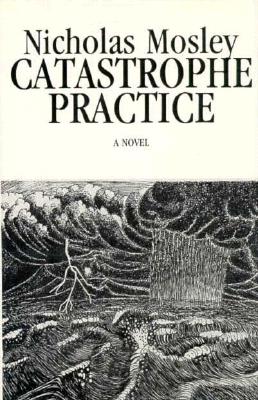- Welcome to FictionDB, Guest
- | My Account
- | Help

Catastrophe Practice: Plays for Not Acting, and Cypher, a Novel — Nicholas Mosley

In his recent novels―including his award-winning Hopeful Monsters―Nicholas Mosley has investigated the patterns that govern our mental and emotional lives and the possibilities that we have for change, and nowhere has he explored such themes with greater concentration than in Catastrophe Practice. A unique book whose characters and concerns are the basis for the other four novels of the Catastrophe Practice Series �" Hopeful Monsters, Imago Bird, Judith and Serpent―Catastrophe Practice is remarkable both in its form (three plays with prefaces and a novella) and in its ability to convey the complexities of thought. Drawing upon catastrophe theory to examine the discontinuities in human personality and our tendency to progress suddenly rather than smoothly, the six characters of Catastrophe Practice struggle to disrupt traditional ways of being. These characters (and the author) feel that conventional ways of interpreting the world have become destructive―conventional language, conventional feelings, conventional situations―and try to find a way to realize genuine experience. The basic optimism of the book is affirmed in the fact that the characters do progress, as they move away from the tragic or comic models hitherto provided by literature into categories more suited to growth and actualized living.
Genres
Click on any of the links above to see more books like this one.
